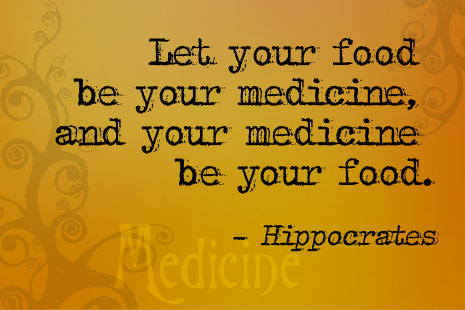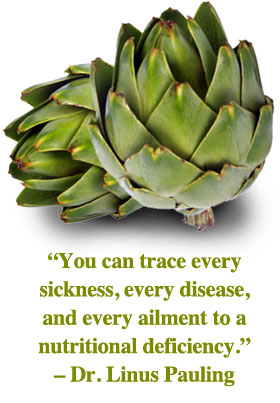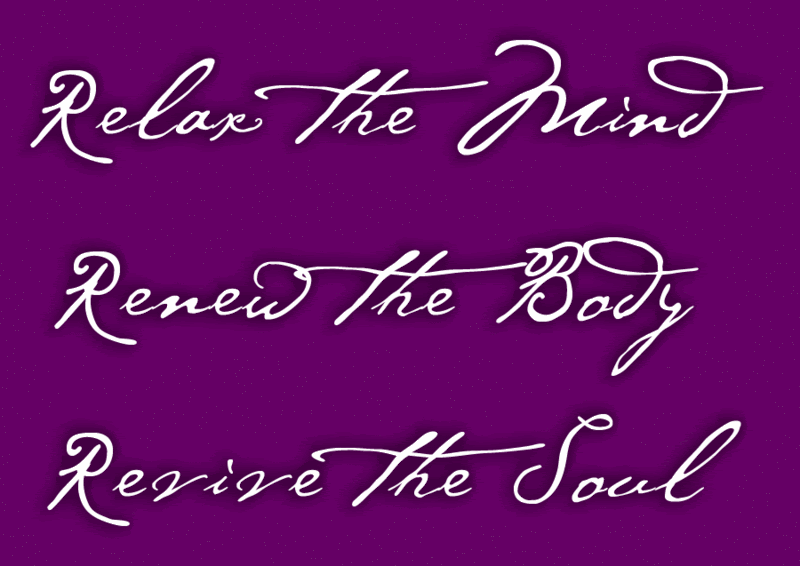Keeping a food diary is an excellent first step to assess not only how you eat, but also why you eat the way you do. A food diary can help you target your current problem areas, and look into the root of them. In the end, a food diary can be the greatest help to design the eating plan that is best for you. Here you will find some practical advice on how to keep a food diary.
How to Keep a Food Diary
There are a number of methods for keeping your food diary on a computer or a mobile device. But, if this is your first time ever attempting to keep a food diary, I would recommend starting out with one simple task: Keep a notebook handy and write down everything you eat and drink.
Why this "back to basics" approach? If you have never tried to track your food intake before, it is very easy to get bogged down in the details. To create the habit of monitoring what, how much and how often you're eating, I think simply jotting down the facts is the best way to start. Once you have created the habit of being cognizant of everything you take in, and actually recording it, you can then move up to the tools available to you online.
I recommend doing an old-school, notebook-based food diary for at least three days, up to a week to 10 days, before starting an online food diary.
What to Track in Your Food Diary
Once you have gotten into the habit of recording your food and beverage intake, you may wish to add some additional helpful information to your food diary entries. Adding details can help you discover more about your eating habits and any related issues. Here are some ideas of details to include in your food diary:
- Nutrition information: Calories, fat grams, carbs, protein, fiber, etc.
- Identify your danger zones
- Assess your reasons for eating (aside from true hunger), such as emotions or stress
- Gauge your appetite and/or cravings
- Track your portion sizes
- Record your feelings before and after eating
It may take a little trial and error to find out what is the most helpful information for you to include in your food diary.
If you do not have an issue with emotional eating, for instance, recording your feelings may not be an effective use of your time. Or, if you record the calorie count of a given food, but you have no idea of the portion you actually consumed, the numbers will not indicate how much you're actually consuming.
Regularly reviewing the information you record will help you understand what is helpful to you and what can be omitted.





